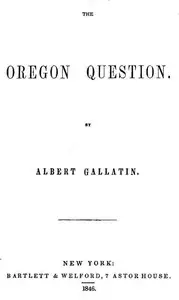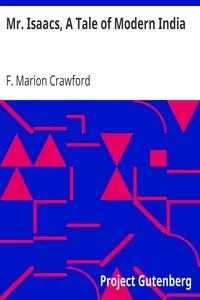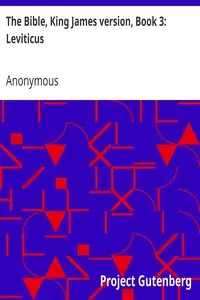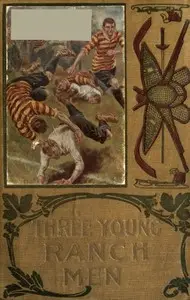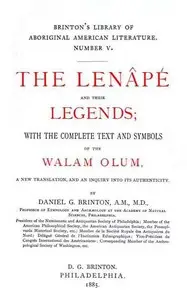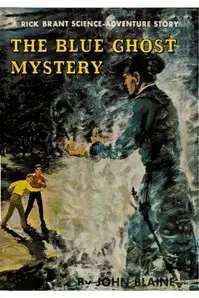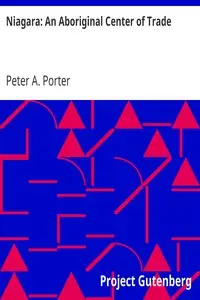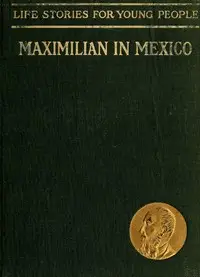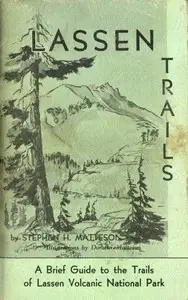"Peace with Mexico" by Albert Gallatin is a historical account written in the mid-19th century. The book focuses on the complex relationships and conflicts between the United States and Mexico during a pivotal period marked by territorial expansion in America, specifically surrounding the annexation of Texas and the resulting war. Gallatin elucidates the principles of justice and morality that should guide the negotiations for peace, while examining the legal and moral implications of the conflict. In "Peace with Mexico," Gallatin reflects on the events leading up to the war, arguing that the annexation of Texas was an act of aggression that provoked a legitimate response from Mexico. He contends that while the United States emerged victorious in military engagements, the moral high ground should lead to a peaceful resolution that respects the rights of Mexico and its citizens. By advocating for justice and rational dialogue over conquest, Gallatin urges the American government to negotiate terms of peace that do not exploit victory but instead restore relations and honor mutual sovereignty, focusing on reparations for American citizens rather than territorial expansion. (This is an automatically generated summary.)
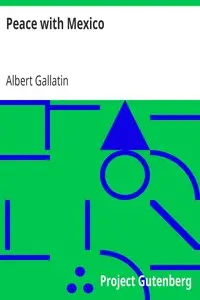
Peace with Mexico
By Albert Gallatin
"Peace with Mexico" by Albert Gallatin is a historical account written in the mid-19th century. The book focuses on the complex relationships and conf...
Abraham Alfonse Albert Gallatin was a Genevan–American politician, diplomat, ethnologist and linguist. Often described as "America's Swiss Founding Father", he was a leading figure in the early years of the United States, helping shape the new republic's financial system and foreign policy. Gallatin was a prominent member of the Democratic-Republican Party, represented Pennsylvania in both chambers of Congress, and held several influential roles across four presidencies, most notably as the longest serving U.S. Secretary of the Treasury. He is also known for his contributions to academia, namely as the founder of New York University and cofounder of the American Ethnological Society.


